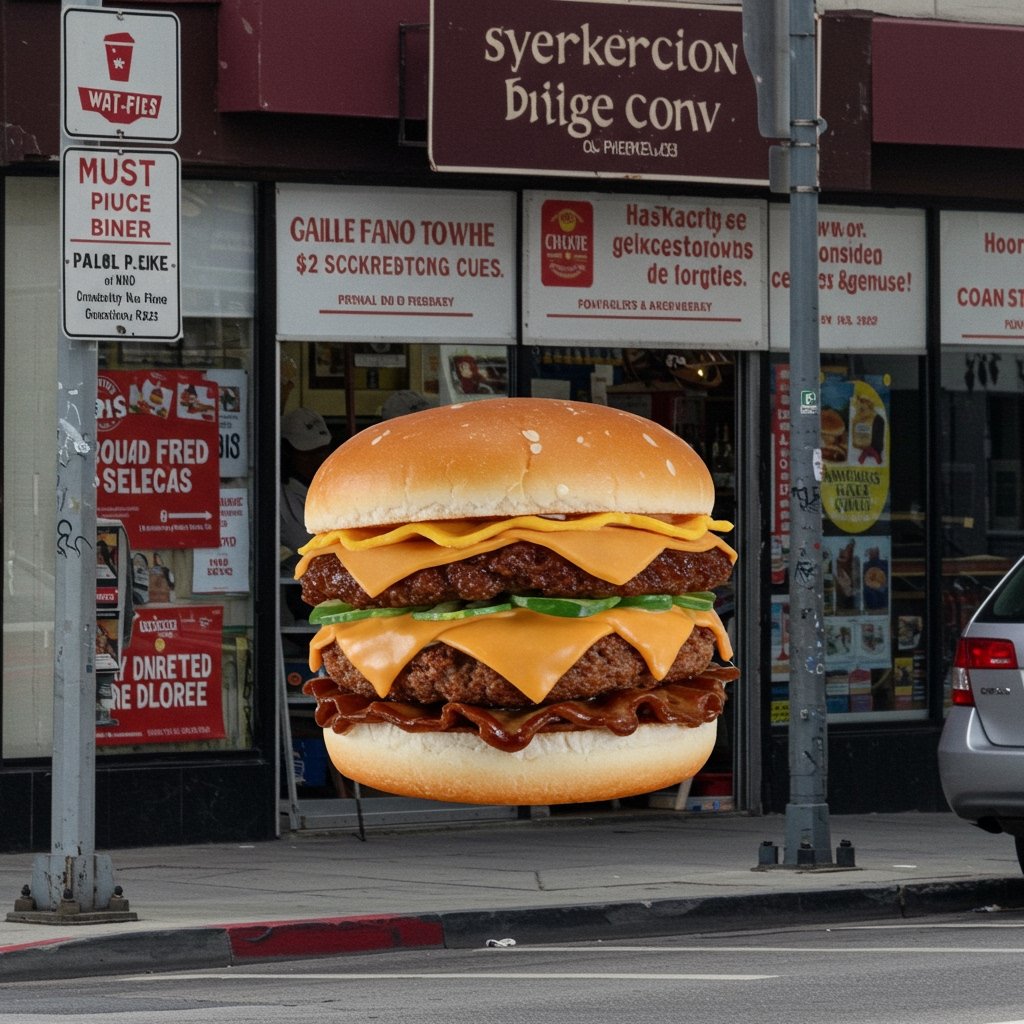California Fast Food Council Mandates $22 Minimum Wage Effective July 2025
Sacramento, CA – The newly established California Fast Food Council (FACFOC) today announced a significant regulatory action, mandating a minimum wage of $22 per hour for eligible fast food workers across the state. The landmark ruling, set to take effect on July 1, 2025, marks a substantial increase over the current statewide minimum wage and is poised to reshape the operational landscape for major fast food operators in California.
The directive specifically targets national fast food chains that operate 60 or more locations nationwide. This scope ensures that the wage increase primarily impacts large corporations, distinguishing them from smaller, independent restaurants.
The Fast Food Council’s Authority and Purpose
The California Fast Food Council was formed under recent state legislation, a move intended to create a dedicated body capable of addressing industry-specific issues. The Council’s primary objective is to set industry standards for wages and working conditions within the fast food sector. Its creation followed extensive debate and negotiation among various stakeholders, including labor organizations, industry representatives, and policymakers, reflecting a broader effort in California to improve conditions for low-wage workers.
Supporters of the legislation that created the Council argued that a specialized body was necessary to adequately address the unique challenges and often precarious working conditions faced by employees in the fast food industry. They contended that a council with direct authority to set wages and standards could respond more effectively to the needs of this workforce than relying solely on general state labor laws.
Industry Reaction and Concerns
The announcement has elicited strong reactions from the fast food industry. Representatives, including the prominent California Restaurant Association, have voiced significant concerns regarding the potential economic impacts of the mandated wage hike. Their apprehension centers on several key areas:
* Potential Price Increases: A primary concern is that businesses, faced with substantially higher labor costs, will be compelled to raise menu prices to offset these expenses. This could potentially impact consumer affordability and potentially lead to reduced sales volume.
* Increased Automation: Industry leaders suggest that the significant rise in labor costs could accelerate the adoption of automation technologies, such as self-ordering kiosks and robotic systems, as companies seek to reduce reliance on human labor to manage costs.
* Reduced Hours and Staffing: Some operators may respond to the increased per-hour cost by reducing employee hours or optimizing staffing levels more aggressively, potentially impacting worker take-home pay despite the higher hourly rate.
* Impact on Operations: The transition to a $22 minimum wage requires substantial adjustments to business models, budgeting, and operational strategies, particularly for larger chains managing numerous locations within the state.
The California Restaurant Association and other industry groups have consistently argued that such rapid and substantial wage increases can strain businesses, particularly in a competitive market with already tight margins. They emphasize the complexities of the fast food business model and the potential for unintended consequences, including impacts on franchisees who operate individual locations under national brands.
Labor Advocates Applaud the Decision
In contrast, labor advocates and worker organizations have widely praised the Fast Food Council’s decision. They hail the $22 per hour minimum wage as a crucial and necessary step towards achieving fair wages for essential workers in a state characterized by its exceptionally high cost of living.
Proponents of the wage increase argue that the current wages earned by many fast food workers are insufficient to cover basic living expenses, such as housing, food, and transportation, in California’s expensive urban and suburban areas. They frame the increase not just as a wage adjustment but as a fundamental recognition of the value of the work performed by fast food employees, who remained on the job providing essential services throughout various economic challenges.
Labor groups emphasize that the fast food industry, particularly large national chains, is highly profitable and can absorb the increased labor costs without significant detriment to their overall financial health. They contend that the increased wages will improve the quality of life for hundreds of thousands of workers and their families, potentially stimulating local economies as workers have more disposable income.
The Path Forward
The implementation of the $22 minimum wage on July 1, 2025, will be closely watched by economists, policymakers, businesses, and workers alike. Its effects on employment levels, consumer prices, business investment in automation, and worker well-being will provide valuable data for future labor policy discussions.
The establishment and initial actions of the Fast Food Council represent a novel approach to sector-specific labor regulation in California. The Council’s ongoing role will involve not only overseeing the implementation of this wage standard but also potentially addressing other working conditions within the industry as mandated by the legislation that created it. The outcome of this significant wage policy will likely inform future debates about minimum wages and sectoral bargaining models both within California and potentially in other states considering similar approaches to lifting wages for low-wage workers.



















